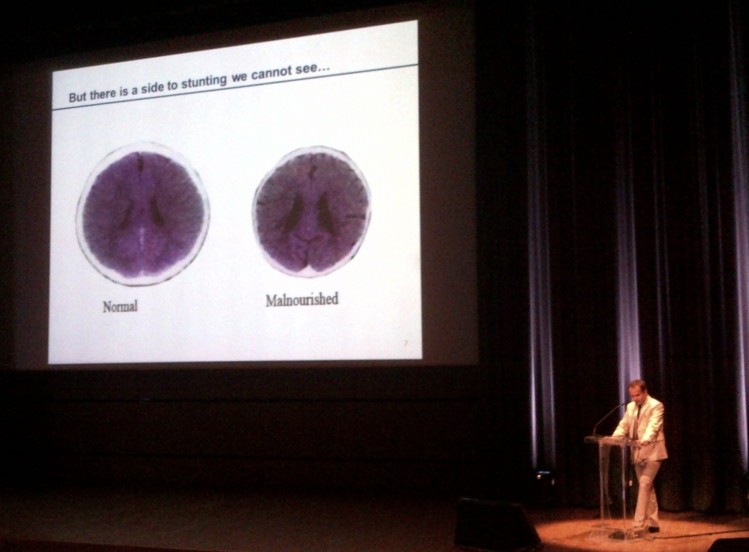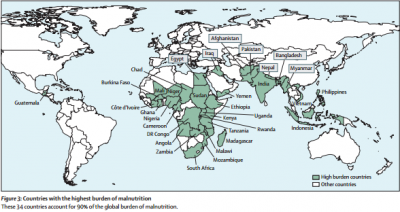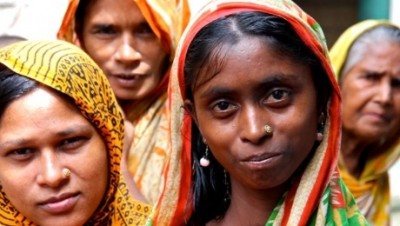Preventing malnutrition will save money as well as lives, says the UN

Malnutrition is a global problem that leads to stunted growth and the wasting of bodily tissues. Yet for a relatively small investment the problem of malnutrition, and all of the issues that accompany it could be resolved, says Nils Grede of the United Nations World Food Programme.
“Stunting [stunted growth due to malnutrition] imposes an enormous cost on individuals and on economies in terms of mortality, morbidity, loss of productivity, and chronic disease,” said the UN expert.
Speaking at the European Federation of Food Science and Technology (EFFoST) in Montpellier, France, Grede explained that people need around 40 different nutrients for a healthy life.
“No one or two or three foods can give us a balanced diet that includes all of these nutrients,” he said. “Therefore dietary diversity is absolutely critical.”
Grede said that the World Food Programme can sometimes struggle to make the simple point that the right food, containing these nutrients, are critical to overcoming malnutrition – and stunting in particular.
The problem of stunting
"Stunting is the failure to grow in line with ones genetic potential,” explained Grede. he“For adults stunting means being about 13 or 14 centimetres shorter than their genetic potential."
“The tragedy is that once we reach age two or three, the game is over,” he said. “Once, stunted, always stunted.”
This stunting of growth, which affects around 165 million children under the age of five, which corresponds to around 25% of the world's children being stunted.
“We want to prevent stunting because we cannot treat it,” said Grede. “After age two you cannot leave the road that you have embarked on, you’re travelling on a set growth curve – which may be much lower than your potential growth curve may have been.”
"We need to target those who are most at risk and make sure that they do not grow up stunted.”
A lifetime of trouble
In addition to stunting being impossible to reverse after onset, the UN expert warned that stunting can have a number of consequences for health and wellness over a lifetime.
“Firstly, because it kills,” said Grede – revealing that as many children die because they are stunted as die because they are severely malnourished and start to waste muscle and body mass.
On top of this increased risk of death, stunting can also reduce productivity and lifetime earnings because it reduces early brain development and therefore negatively impacts on educational outcomes, he said.
An economic problem?
According to one study, stunting is associated with a 65% less income, while another study has estimated that GDP in Central American countries is about $6.7 billion per year - or 6% of total GDP – lower than it could be as a result of stunting, said Grede.
"Researchers have estimated that it will cost around 10 billion dollars per year to address all forms of malnutrition," he said. "What a good investment if for 10 billion [globally] we can get a payback of nearly 7 billion in just these countries”
“One doesn’t have to be an investment banker to understand this logic.”
“Not only is a stunted child more likely to get sick and die early, learn less, and earn less, but also they will be affected by a much higher incidence of chronic diseases later in life,” said the UN expert.
“Its too good of an investment for the world to not make."









